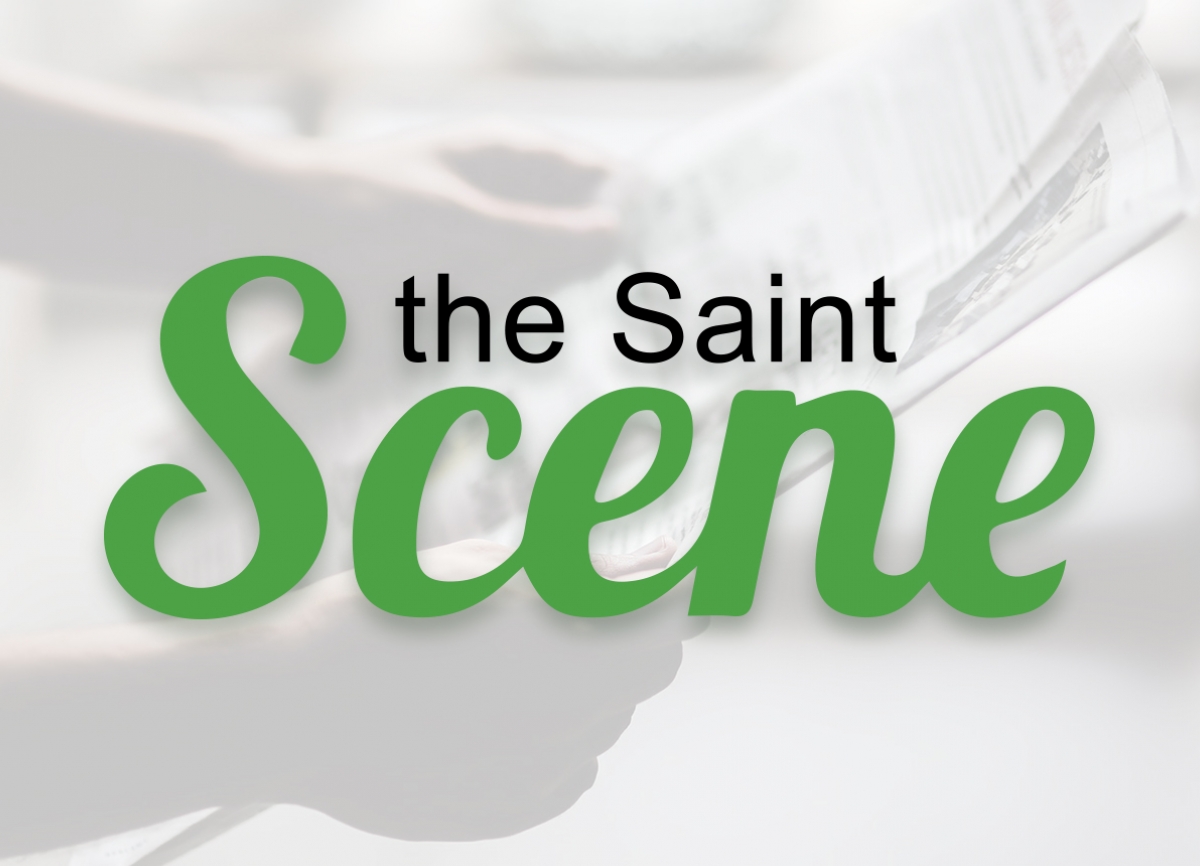
Analysis and Opinion: Regarding the story/government press release below …
… Among the specific funding announced as part of the new provincial mental health initiative was $11.7 million to be allocated to the postsecondary system over the next four years, to bolster on-campus counselling.
A number of student organizations were patting themselves on the back after Premier Kathleen Wynne announced the new funding, noting that they had lobbied the government for such assistance.
But let’s look at the hard financial reality of what this means – or doesn’t mean – for the postsecondary system …
… Traditionally, funding designated for the “postsecondary system” translates into a split based upon enrolment: 60 percent of whatever money is available goes to Ontario’s universities, and 40 percent to its colleges.
So, that means that colleges will be receiving approximately $4.68 million of the total $11.7 million pot.
Remember, too, that there are 24 colleges. If the $4.68 million is divvyed up equally, each college will receive about $195,000. (It won’t be divvyed up equally, by the way. That “sub-pot” will also be allocated based upon each school’s specific enrolment.)
Oh, and one more qualifier … Remember that this funding is spread over four years … So, $195,000 divided by four means that each college will be receiving approximately $48,750 for bolstered mental health services during each of the next four years.
We suppose every little bit helps, but the inference that funding of that scope will be sufficient to install full-scale – and adequate – psychological/psychiatric services at each college is ludicrous. Between salaries, benefits, office expenses and assorted other odds-and-ends, a college would be hard-pressed to add two, well qualified and experienced academic/personal/quasi-psychological counsellors over four years with its $195,000 of newly allocated funding.
If college students can rapidly and easily access some of the expanded, off-campus, community-based services that will also be receiving bolstered funding – then, maybe, the crisis in young-adult mental health can be addressed during the next half-decade.
But let’s not pretend that colleges (or universities) will be solving this crisis on their own, thanks to this new cash. They won’t, because it’s not enough.
Here’s the general info about the provincial plan:
Contributed by the Office of the Premier of Ontario
Ontario is making an unprecedented investment in mental health and addictions that will improve care for the one-in-three people in Ontario who experience mental health or addictions challenges in their lifetime.
Premier Kathleen Wynne announced the biggest provincial investment in Canadian history in mental health and addictions services - a four-year investment of $2.1 billion, that will reframe the system to deliver more accessible and better integrated care.
The investment will make it easier to access services through a local school, family doctor's office or community-based organization. This will mean:
• In 2018-19, more than 12,000 more young people will be able to access community-based services such as therapy and counselling, a number that will grow to about 46,000 by 2021-22;
• Every secondary school in Ontario will have access to an additional mental health worker, with about 400 new positions being added within two years;
• The province will create at least 15 additional youth wellness hubs over four years to improve access to services, fill critical service gaps for youth aged 12 to 25, and improve transitions to adult services;
• Up to 350,000 more people with mild to moderate anxiety or depression across the province will have access to publicly funded structured psychotherapy, including cognitive behavioural therapy, closer to home in settings like their doctor's offices or a community organization;
• The province will create 2,475 more supportive housing units over four years for those who require care in safe, affordable and appropriate housing;
• Access to withdrawal management and residential and community treatment services for young people and adults living with addictions in Ontario will be expanded, including services in every community and support for more programs and services that are culturally appropriate;
• The province will invest an additional $570 million over the next four years so that young people can access the supports they need.
These historic investments will help reduce wait lists, and make it easier for people to access the care they need when they need it. By 2021, people will also be able to quickly get a mental health and addictions screening, crisis counselling and referral services through whichever method they choose through a new help line - online, by text or on the phone.
This historic investment in mental health and addictions care is part of the government's plan to support care, create opportunity and make life more affordable during this period of rapid economic change. The plan includes a higher minimum wage and better working conditions, free tuition for hundreds of thousands of students, easier access to affordable child care, and free prescription drugs for everyone under 25 and 65 or over, through the biggest expansion of medicare in a generation.







